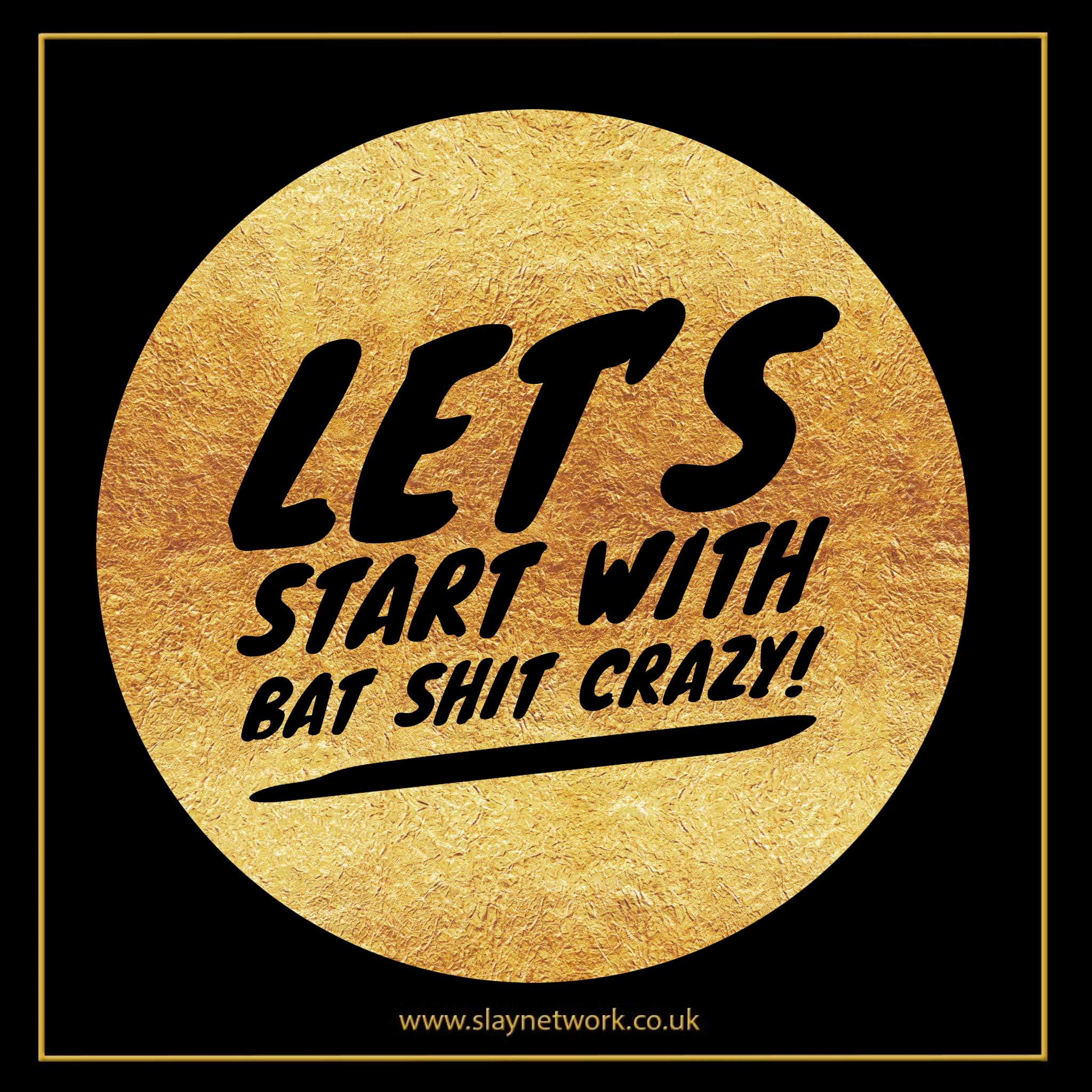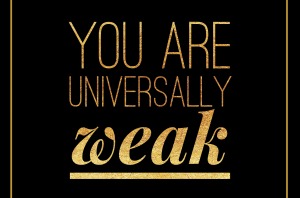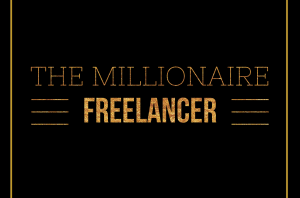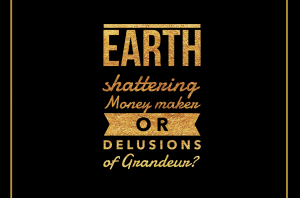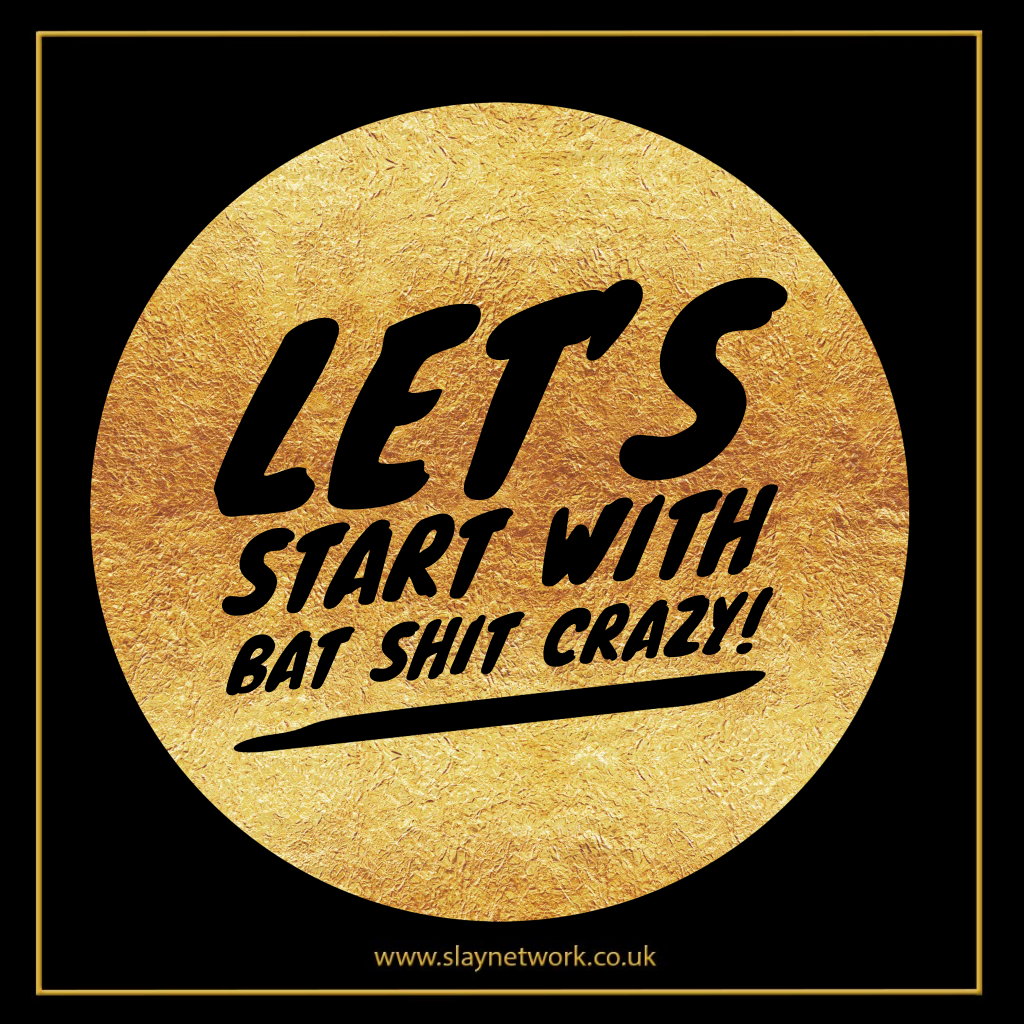
Six-time unicorn angel investor, Jason Calacanis, talks about how he chooses his bets.
Meet Jason Calacanis. He wrote some of the first checks for founders who eventually built companies valued at $1+ billion.
Jason is a legendary investor. He saw the potential of startups like Uber, Robinhood, and Calm before anyone else.
Jason invests in companies at their earliest stages. He is the guy who identifies the genius within the founders — before they have the numbers to back it up.
“I invested $25K in Uber when it was worth around $5 million. When I invested, Uber was operating in one city and they only had a couple of Lincoln Town Cars signed up.”
As an angel investor, Jason’s job is to read between the lines and predict success in places where nobody else can see it. Here is his formula.
“Delusional, with skill.”
First of all, Jason says that he doesn’t pay too much attention to the business ideas he’s presented with. The only thing he’s looking for is personality.
“You have to bet on people. Because even an entrepreneur who maybe builds the wrong product in the wrong market, they’ll be smart enough and indefatigable enough, resilient enough to realize ‘oh, this didn’t work, let’s make a couple little adjustments, maybe a full pivot.’ And they’ll figure it out.”
Jason identifies winners as people who are “delusional, with skill.”
Delusional means that the winners are willing to pursue ideas that others deem straight up crazy. Imagine a twenty-something sci-fi geek who told you he will go to Russia to learn how they build space rockets. Then he would come back to the U.S. to build spacecraft commercially. Delusional? Yes, and that’s precisely how Elon Musk sounded in the early 2000s.
But there are many delusional people in this world. Often times, you don’t have to look farther than your country’s political scene for a prime-time fantasy show.
The other key criteria Jason uses to find winners is what he calls “skill.”
When Travis Kalanick was presenting the early Uber demo to Jason, some of the cars on the app weren’t always “facing” the direction they were driving in. Jason asked Travis why the feature wasn’t working properly, and was amazed by Travis’s obsession with detail.
“The taxi was going down the road, sideways. And I’m like, what is that guy, tokyo-drifting this shit? And he said, ‘ah, it’s a really hard problem, Jason. The iPhone 3G just got GPS, and the car is coming down, but there’s latency… What we’re gonna do is we’re gonna make 7 or 10 different versions of the car… When we have certainty is going south, we’re gonna flip it…’ And I was like, ‘oh my God. He’s thinking about that shit.’”
“There’s people who change the world, and then there’s people who criticize them.”
Some people decide to start an app. Others decide to start a biochem lab to discover the cure for cancer. Both groups of people will get a lot of criticism — sometimes, from the people closest to them, simply because that’s the easier thing to do.
That’s why being a little delusional is so important. You have to believe your vision strongly enough to withstand all the criticism. High-performers are often simply people who don’t flinch when people around them tell them they’re stupid.
“You have to realize that critics achieve nothing in their lives. Like, who’s your favorite critic?”
Jason notes that the best founders are usually seen as assholes and weirdos by their peers. Whenever he considers an investment, he tries to “interview” as many people as he can from a founder’s environment — other investors, friends, employees, parents.
“…and they’re like, ‘oh, that person’s amazing. Everybody loves them.’ That’s probably gonna be a failed investment. And then the other person is gonna be like, ‘oh, that guy’s an asshole.’ Unicorn, here we go.”
“There are easier ways to make money”
One of Jason’s qualifying questions is why? Why do you want to build a company?
He says that about 1/4 of the people who pitch him say they’re creating a business to make money. These people are instantly disqualified from Jason’s consideration.
Not because ambition is a bad trait. Jason believes that creating a business to make money is simply irrational.
“There are much easier ways to make money than starting a company. 70–80% chance of failure. If you really want to make money, figure out what the most in-demand skill is, go acquire it, and then go work for Google for a million dollars a year.”
You can’t drive more than one car at a time. Cheeseburgers are still cheeseburgers, no matter whether your financials are measured in salary or net worth. If it’s money you’re after, why choose the riskiest game there is?
P.S. Jason Calacanis is probably the most interesting person in the startup world I’ve encountered so far. He’s like the Ricky Gervais of startups. If you have a spare hour, go check out this amazing 1-hour interview.

